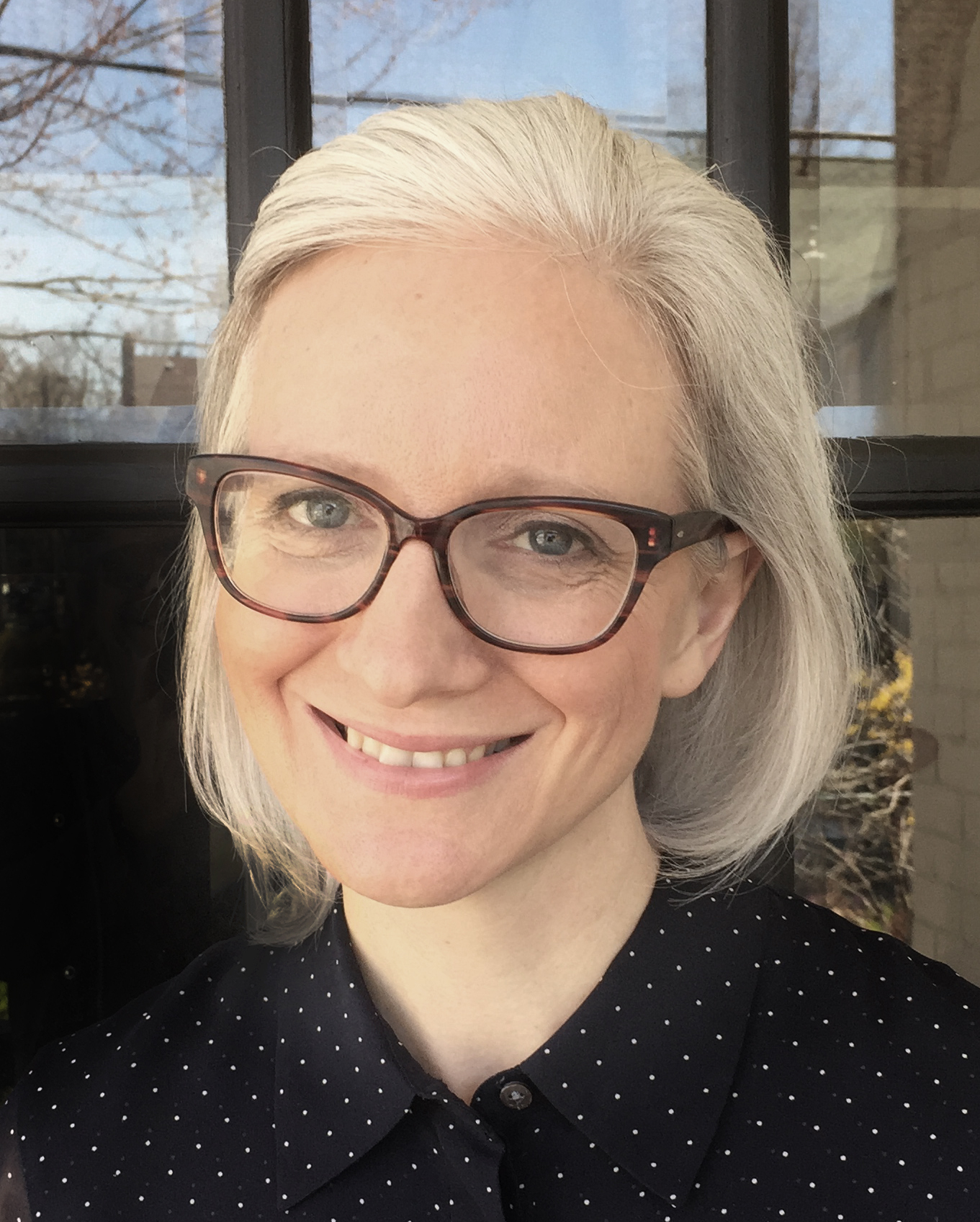
Pictured above: Susan Ferguson, director of Teaching and Learning at OCAD University
The disruption caused by COVID-19 has forced most organizations to rethink how they operate. At OCAD University, delivering education during the pandemic has involved a coordinated, calculated and accelerated strategy to enable faculty members and students to shift to fully remote education.
“As the situation was unfolding globally, we quickly pulled together teaching continuity resources and guidelines for the winter term,” says Susan Ferguson, director of Teaching and Learning who oversees the Faculty & Curriculum Development Centre (FCDC). “Our focus was on enabling students to finish their courses or to graduate.
While students used laptops loaded with relevant art and design software, many were facing unreliable home internet, financial hardship, family illness, different time zones (most international students had flown home) and just general anxiety about the ways that the coronavirus could interfere with their learning.
As a result, Ferguson says the University also focused on accessibility and removing barriers to learning and faculty members responding by being flexible and understanding given the difficult circumstances facing students.
Faculty members had to quickly transition from face-to-face delivery – and in many cases, from hands-on, studio-based teaching – to instructing students remotely. Says Ferguson: “We wanted to provide our current students with meaningful learning experiences during a very challenging time, one that was clearly unexpected.”
What unfolded over a very short timeframe was an intensely cooperative effort between FCDC and IT Services (ITS) to provide technological and pedagogical supports to facilitate the completion of the winter 2020 semester.
The University introduced a pause to teaching and learning the week of March 16 to give faculty time to explore alternative delivery methods for the remainder of the winter term. This was followed by the addition of new teaching continuity guidelines and resources to the OCAD U website.
FCDC then developed nine online workshops for faculty, which were delivered over eight days in collaboration with ITS. The first focused on the fundamentals of continuity of teaching and learning during COVID-19 that emphasized asynchronous learning, being flexible regarding assignment formats and deadlines, and ensuring learning was accessible to all students.
Subsequent workshops dealt with topics such as adapting studio projects for online delivery, making better use of the Canvas Learning Management Platform to post recorded lectures and hold discussions, and critiquing students’ work online.
As part of an overall University plan, the ITS team had already shifted student email, calendaring and file storage onto Microsoft Office 365 to provide access to its cloud-based collaboration tools.
“OCAD U has a distinct advantage over other universities in supporting remote delivery to students. This is because we made a decision many years ago to standardize the technological requirements for students,” says the University’s Chief Information Officer Alastair MacLeod.
“As a result, our students are now well-equipped with hardware, through our unique Laptop Program, and essential software licenses to participate in remote curriculum/digital literacy for studio practice and virtual collaboration,” he adds.
The ITS team has also significantly ramped up its operations to serve the OCAD U community during the pandemic. It has increased technological capacity for remote learning by making Microsoft Teams available to students to allow them to interact and collaborate with each other and professors by audio, video and chat. It also introduced Microsoft Bookings as a way to efficiently schedule appointments with ITS.
The well-being of OCAD U faculty and staff was also addressed: an online community circle led by Nadia McLaren, an educational developer in the FCDC who supports Indigenous learning, created an opportunity for faculty and staff to connect, share their experiences during the pandemic, and discuss wellness strategies.
This immense reorganizing of all of OCAD U’s winter undergraduate and graduate courses into viable remote learning options, conducted in a deliberate, efficient and collaborative way by the FCDC and IT Services, is now benefiting faculty and students involved in remote spring and summer course offerings. Going forward, OCAD U is now planning for fall 2020.